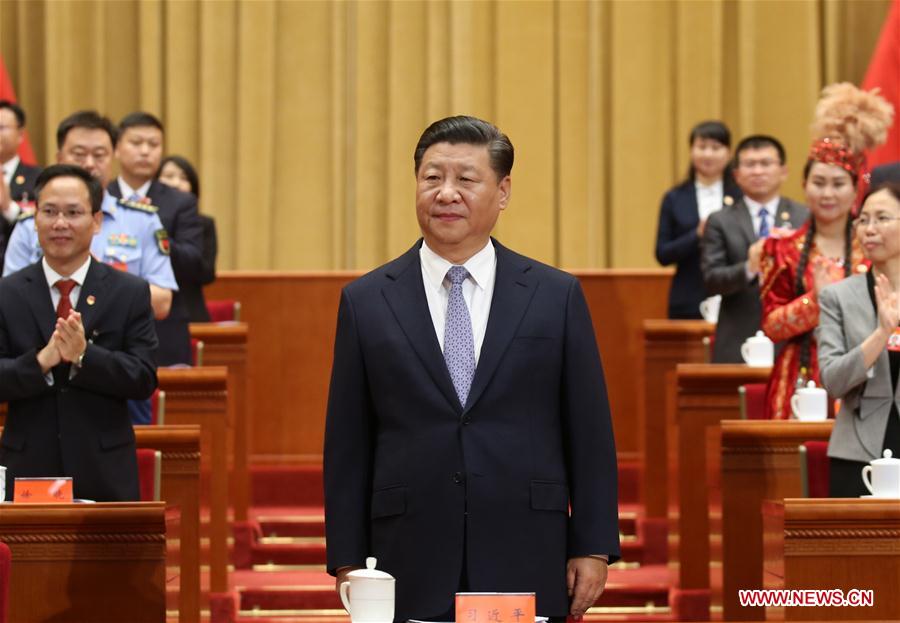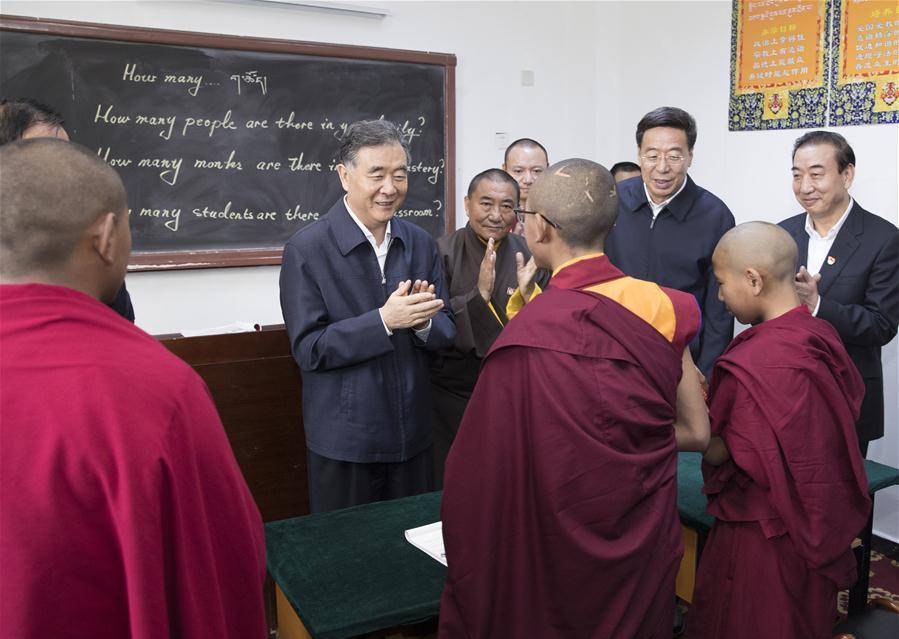Satellite project progresses toward finding space waves
China's Tianqin satellite project has made breakthroughs in the key technologies to detect gravitational waves, the project's leader told a space science conference in Guangzhou.
In-orbit verification can start as progress has been made on inertial sensing, laser interferometry, the drag-free control system and satellite platform, Luo Jun, a physicist at the Chinese Academy of Sciences, also leader of Tianqin projetc, was quoted by the Xinhua News Agency as saying at a symposium of the Xiangshan Science Conference.
Three high-orbit satellites were launched at the end of September, Luo said.
He noted that the four-phase 15 billion yuan ($2.3 billion) project, launched in 2015, should be ready to gauge waves by 2030.
Tianqin's technology has performed well in lab and research is going ahead as planned, Zhou Zebing, a physicist at Huazhong University of Science and Technology, told Xinhua.
Gravitational waves are ripples in the fabric of space-time caused by some of the most violent and energetic processes in the universe, according to an article published by the US-based Laser Interferometer Gravitational-wave Observatory, the first team in the world to detect the waves in 2015.
Unlike US's laboratory which is ground-based, Tianqin will be space-based, which will cut down on disturbances and pick up a wider range of gravitational radiation, Zhang Baoxin, an expert at China Aviation News, told the Global Times.
"We will review the Tianqin detector developer's requirement for future launch of the detection satellite; but the launch, as the final stage of the whole project, won't be soon," Zhang said.
Europe's evolved Laser Interferometer Space Antenna (eLISA) is space-based design but adopted a heliocentric track while Tianqin satellites will circle the earth, Zhang said.
Ye Xianji, a professor at Sun Yat-sen University in Guangzhou told Xinhua, "The wave band Tianqin is designed to detect will be 10 times higher than eLISA, so the two sets of detectors can complement each other."
Scholars from the US, Germany, Russia, Italy, and Australia attended the Guangzhou conference.
They have expressed interest and willingness to collaborate on the Tianqin project, Xinhua said.
Your Comment
Name E-mailRelated News
-
-
FOCAC Beijing summit to elevate Sino-Africa cooperation: diplomat
The upcoming summit of the Forum on China-Africa Cooperation (FOCAC) is expected to explore new paths that will elevate the Sino-Africa cooperation to a higher level, Chinese Ambassador to Ethiopia Tan Jian said on Thursday.
-
-
China-Africa cooperation yields tangible results
The China-Africa cooperation plans announced during the FOCAC summit in Johannesburg, South Africa, are yielding tangible results, said a senior Chinese diplomat.
-
-
CCDI, national supervisory commission set up joint supervision teams
The Communist Party of China (CPC) Central Commission for Discipline Inspection (CCDI) and the National Supervisory Commission will jointly establish discipline inspection and supervision teams, it was announced on Wednesday.
-
-
China carries out air raid drills across the nation
On Saturday, when China welcomed its 18th Nationwide National Defense Education Day, several provincial regions across the country sounded air raid sirens to improve people's awareness of national defense.
-
-
Aircraft carrier-based fighter jet officially capable of night combat
The J-15 fighter jet is capable of night takeoff and landing on an aircraft carrier, the Chinese navy newspaper said Wednesday, leading a Chinese military expert to marvel at how fast the pilots mastered a difficult and dangerous technique.







